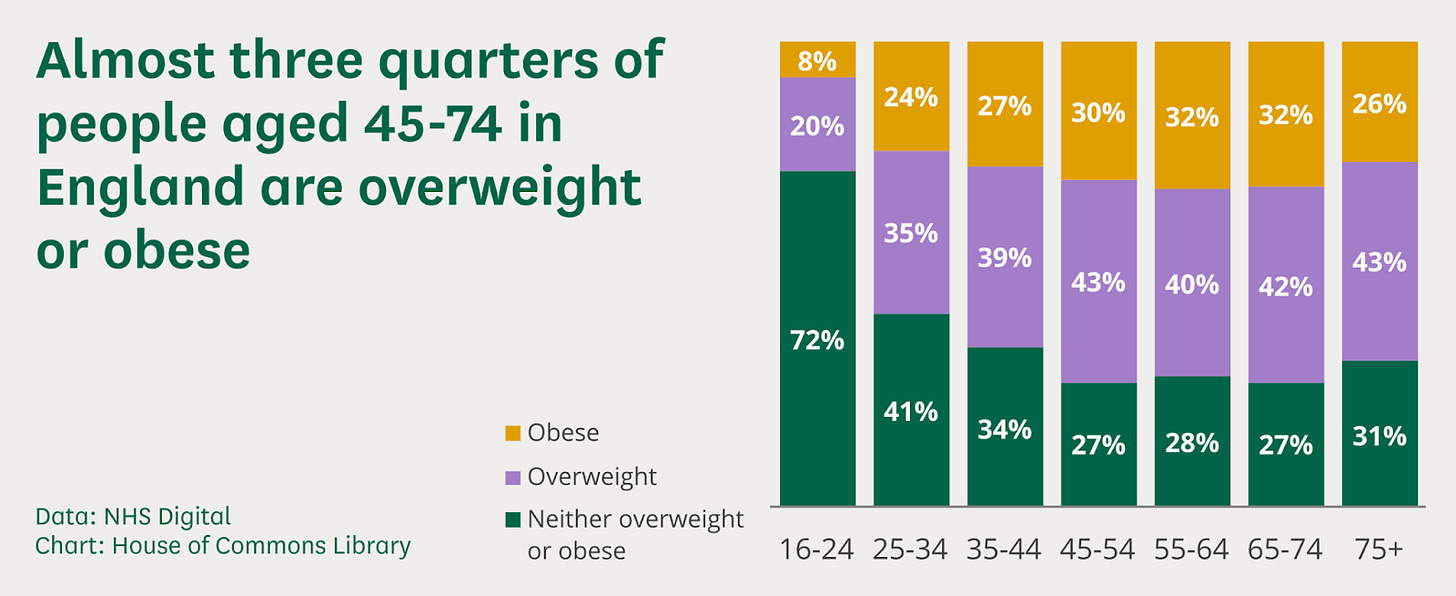After 14 years of a Conservative government things changed in the UK last Thursday. The Labour party won the election with a huge landslide. While all the faces in the government are changing and we live the first days of a new administration, there is not a lot of time for celebrations or a honeymoon period. The new government has to face a lot of old challenges that will need structural changes in the British economy to be solved and unfortunately there is no easy or short term solution for them.
Child Poverty
4.3 million children are growing up in poverty in the UK. This is one of the main challenges that the new government has to face, as it is not only threatening the well-being of children but also can have negative consequences on their future opportunity and health. Growing up in poverty impacts on children's well-being and future life prospects, such as employment and earning opportunities. Young adults who suffer financial hardship as children have significantly greater than average chances of earning lower wages, being unemployed, spending time in prison (men) or becoming a lone parent (women).
To tackle child poverty is not going to be an easy deal, it will need a complex policy package that improves good quality of employment in the most deprived areas of the UK and at the same introduces policies that support the most vulnerable through the benefit system.
We also need to look at the future, supporting children that have already lived in poverty; especially during the period of COVID-19 restrictions where, for example, children living in poverty were the ones more likely to be affected by the loss of classroom time. That could happen by removing the barriers of opportunity that social class creates in the UK, and giving more affordable education opportunities to children and young adults.
Housing crisis
Let’s be honest, if you're single (or even in a relationship) and you can afford a house in the South of England or London you are very lucky. Very high house prices, record high renting costs and low homebuilding rates have fuelled a housing crisis that leaves the younger generation without the opportunity to afford good quality housing. As the chart below shows, the median house prices in London and South of England are more than 10 times the median earnings on those areas - if we think that in the best case scenario we can get a mortgage of 4.5 times of our annual salary, the dream of buying a house if you are single in London can be reached only if you earn more than £80,000 a year.
The new government is determined to deal with this challenge from day 1, with the new government already taking measures to tackle the lack of housing supply by setting up mandatory housing targets and removing obstacles on the regulations that prevent housebuilding, but action needs to be taken on improving the affordability of housing.
Underfunded health services
We hear that almost every day for the last decade or so, the long term lack of funding for health, education and other public services has damaged the quality of services we receive. On health in particular, despite the funding and NHS hiring more doctors, the wide-ranging needs of our society are not met. With the UK population getting older, fatter and suffering from a growing number of complex physical and mental health problems, the NHS is not able to deal with all these growing issues, which has caused the UK’s life expectancy to have plateaued.
The number of deaths from diabetes has increased, with obesity estimated to cost the country up to £100bn a year. One in eight adults suffers from depression and is in need of mental health services. All the above health problems were exaggerated during the cost of living crisis, as individuals followed a poor diet to make ends meet, and financial hardship took a toll on people’s mental health.
The government has pledged extra spending to deal with the increased waiting list in the NHS, however the focus shouldn’t be only on putting out fires. The complex health issues that the UK population is facing needs extra funding aimed at preventing health problems like obesity and depression that, when happening on a large scale, create extra pressure to the health services.
source: NIHR
The above are only a few of the challenges that the new government is facing - education and prison services are under pressure as well. At the same time, the lack of investment in the UK and the stagnated economy are macroeconomic challenges that the Chancellor needs to find new innovative solutions to deal with. On the other hand, the UK has been given the opportunity to be a leader on clean energy and protecting the climate, as a result of the successful investments of the previous government on renewable energy.
The first days of the government showed that they are all ready to deal with all these issues that we face, and from day one have announced policies that will help dealing with some of the above changes. But they have a long path over the next 5 years to support the structural changes for a better future.






